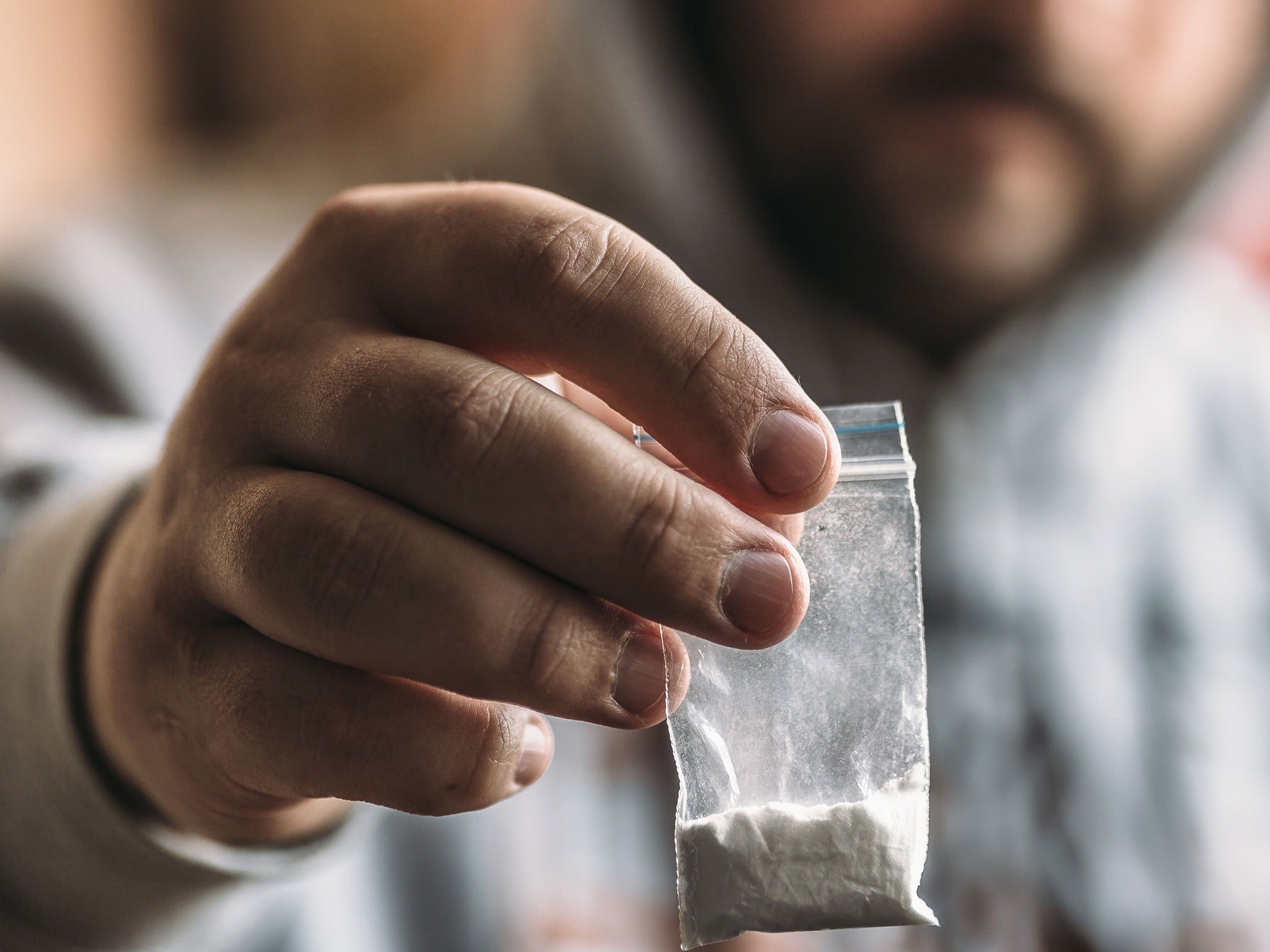Record cocaine levels in Thames probably not making fish high, experts say
High levels of class A drug all week long not threat to wildlife, says expert

Londoners’ cocaine habit may show no signs of lessening, but the high levels of the drug detected in the Thames is not harming its wildlife, an expert has said.
New research by a team from King’s College London (KCL) examined the water overflowing into the river from sewers during storms.
They found the class A drug, which was present in users’ urine and then flushed into the sewage system, could be easily detected in the Thames in the 24 hours after a sewer overflow.
The levels in London were noticeably higher than other cities which have been tested and a marine wildlife expert said cocaine would have a similar effect on fish as humans.
“Drugs which affect us will almost always affect all animal life, and invertebrates a little bit more because their biochemistry is much more sensitive,” said James Robson, a senior curator at the SEA LIFE London aquarium.
“Essentially everything in the water will be affected by drugs like these. A lot of the triggers and the ways that cocaine affects the system is really primal.”
A study published last summer found critically endangered eels could be made “hyperactive” by the traces of drugs flushed into Britain’s waters.
Eels deliberately exposed to cocaine-infused water by biologists at the University of Naples Federico II not only appeared hyperactive but also saw the drug accumulate in their brains, muscles, gills and skin.
But Mr Robson said this did not mean animals living the Thames were getting high: “You haven’t got a lot of disco-dancing fish down the bottom of the Thames.”
The doses used in the Italian study were significantly higher than those detected in London’s waters, he explained.
“London is known as one of the highest consumers of cocaine and this suggested everyday usage,” the KCL study’s authors wrote.

As well as cocaine, it seemed Londoners were also relying on huge doses of coffee to keep going as large amounts of caffeine were also found.
“Its concentration was so high that it lay outside of the quantifiable range,” the study concluded.
A 2015 study by the European Monitoring Centre for Drugs and Drug Addiction revealed London had the continent’s highest concentration of cocaine in its sewage.
Last year a global drug survey found London was one of a handful of world cities where cocaine could be ordered and delivered more quickly than pizza.
But neither of these drugs’ presence in the Thames was a major issue for conservationists, Mr Robson said.
“Before you would worry about something like caffeine increasing the heart rate, I would be much more concerned about things like climate change affecting the temperature and plastics pollution.
“Those do much more significant damage to the ecosystem.”

Once highly polluted, the Thames is today one of the cleanest rivers in Europe thanks to stringent regulation of what can be released into it.
Animals unseen for generations have made a comeback, including dolphins and even seahorses, Mr Robson said.
Rather than fretting about drinking less coffee, anyone hoping to do their bit to protect the river should consider stopping using wet wipes, he suggested.
The handy bathroom product is largely to blame for blockages in London’s Victorian sewers which result in wastewater overflowing into the Thames in the first place.
Join our commenting forum
Join thought-provoking conversations, follow other Independent readers and see their replies
Comments
Bookmark popover
Removed from bookmarks